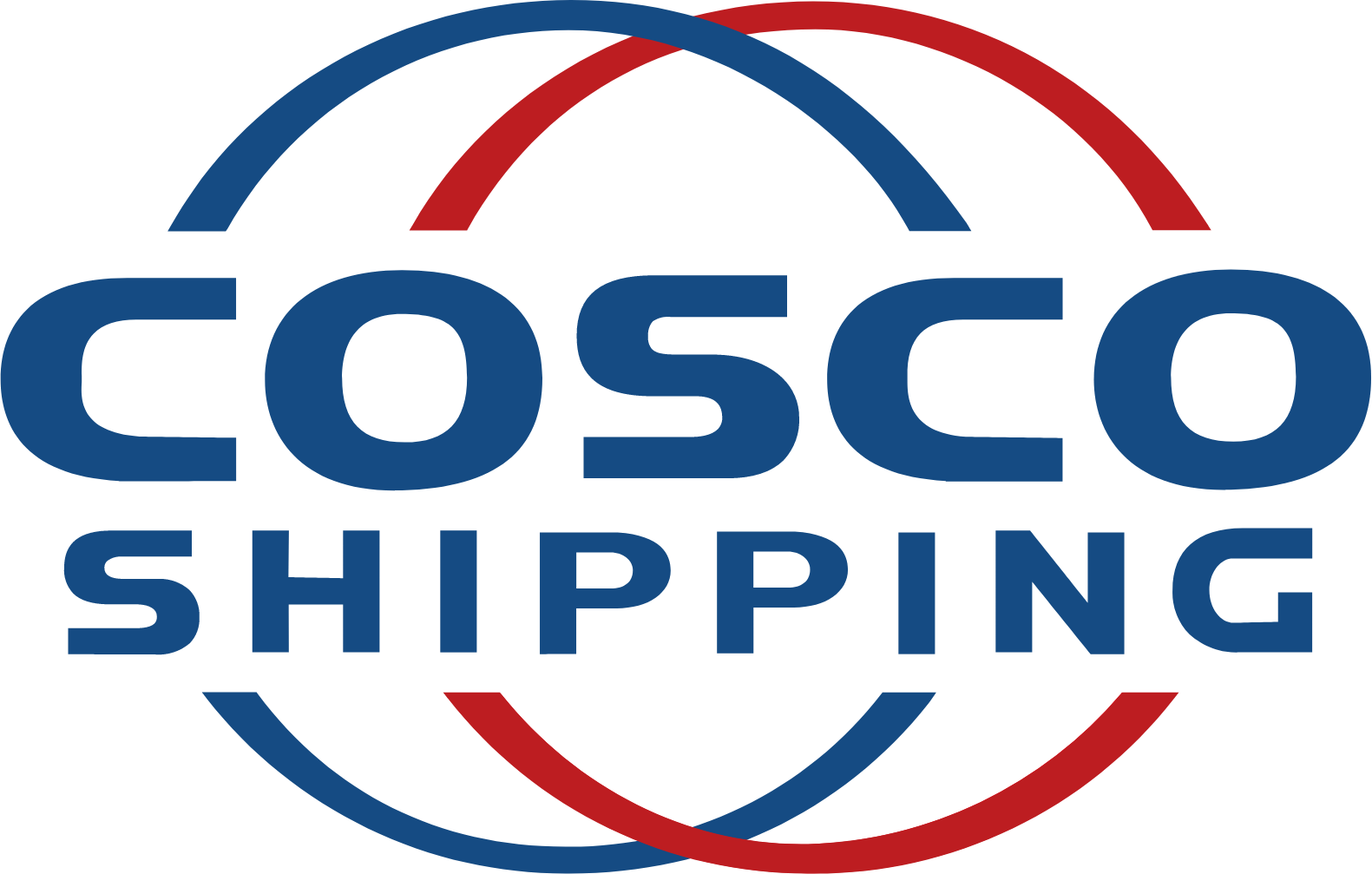COSCO SHIP HOLD(601919)
Search documents
中远海控(01919) - 翌日披露报表


2025-11-20 09:48
表格類別: 股票 狀態: 新提交 翌日披露報表 (股份發行人 ── 已發行股份或庫存股份變動、股份購回及/或在場内出售庫存股份) 公司名稱: 中遠海運控股股份有限公司 FF305 呈交日期: 2025年11月20日 如上市發行人的已發行股份或庫存股份出現變動而須根據《香港聯合交易所有限公司(「香港聯交所」)證券上市規則》(「《主板上市規則》」)第13.25A條 / 《香港聯合交易所有限公司GEM證券 上市規則》(「《GEM上市規則》」)第17.27A條作出披露,必須填妥第一章節 。 | 第一章節 | | | | | | | | | --- | --- | --- | --- | --- | --- | --- | --- | | 1. 股份分類 | 普通股 | 股份類別 | H | | 於香港聯交所上市 | 是 | | | 證券代號 (如上市) | 01919 | 說明 | | | | | | | A. 已發行股份或庫存股份變動 | | | | | | | | | | | | 已發行股份(不包括庫存股份)變動 | | 庫存股份變動 | | | | | 事件 | 已發行股份(不包括庫存股份)數 目 | 佔有關事 ...
自由现金流ETF中证全指(561080)涨0.32%,半日成交额269.76万元





Xin Lang Cai Jing· 2025-11-20 05:27
Core Viewpoint - The Freedom Cash Flow ETF CSI All Share (561080) has shown a positive performance with a 0.32% increase, indicating investor interest and potential growth in the underlying assets [1] Group 1: ETF Performance - The Freedom Cash Flow ETF CSI All Share (561080) closed at 1.239 yuan with a trading volume of 2.6976 million yuan [1] - Since its inception on April 23, 2025, the fund has achieved a return of 23.72%, with a monthly return of 5.52% [1] Group 2: Top Holdings Performance - Major holdings in the ETF include: - China National Offshore Oil Corporation (CNOOC) up by 0.34% - Midea Group up by 1.83% - Gree Electric Appliances up by 1.07% - Wuliangye Yibin up by 1.00% - COSCO Shipping Holdings up by 0.20% - Luoyang Molybdenum down by 0.19% - TCL Technology up by 0.48% - China Aluminum Corporation up by 1.09% - SF Holding up by 0.28% - Shaanxi Coal and Chemical Industry down by 0.42% [1]
中远海控(01919.HK)连续14日回购,累计斥资5.19亿港元
Zheng Quan Shi Bao Wang· 2025-11-19 15:13
Core Viewpoint - China COSCO Shipping Holdings Co., Ltd. has been actively repurchasing its shares, indicating a strong commitment to enhancing shareholder value and confidence in its stock performance [1][2] Summary by Sections Share Buyback Activity - On November 19, the company repurchased 3 million shares at a price range of HKD 13.720 to HKD 13.980, totaling HKD 41.6084 million [1] - The stock closed at HKD 13.870 on the same day, reflecting a 1.46% increase with a total trading volume of HKD 2.42 billion [1] - Since October 31, the company has conducted buybacks for 14 consecutive days, acquiring a total of 37.188 million shares for a cumulative amount of HKD 519 million, with the stock rising 3.66% during this period [1] - Year-to-date, the company has executed 103 buybacks, totaling 407 million shares and an aggregate amount of HKD 5.378 billion [1] Detailed Buyback Data - The buyback details include daily repurchase numbers, highest and lowest prices, and total amounts spent, showcasing a consistent strategy to support the stock price [1][2] - For instance, on November 18, 300,000 shares were repurchased at a maximum price of HKD 13.890, amounting to HKD 41.0467 million [2] - The data reflects a systematic approach to share repurchase, with varying amounts and prices over the specified period, indicating active management of capital [2]
A股上市公司回购积极性提升 年内回购金额创下近五年新高
Zheng Quan Ri Bao Wang· 2025-11-19 14:00
Group 1 - The enthusiasm for stock buybacks among A-share listed companies has significantly increased this year, with a total buyback amount reaching 155.88 billion yuan, marking a five-year high [1] - As of November 19, 462 A-share listed companies have announced 509 buyback plans this year, with 128 plans aimed at reducing registered capital, representing 25.14%, an increase from 17.36% in the same period last year [1] - Major companies like CATL and Midea Group have announced substantial buyback plans, indicating a trend of normalizing buybacks as a key measure for market value management [2][3] Group 2 - The proportion of cancellation buybacks is steadily increasing, which is seen as a way to enhance earnings per share and boost market confidence [4] - Recent examples include Yabao Pharmaceutical completing a buyback of 8 million shares at an average price of 6.52 yuan per share, totaling 52.15 million yuan [4] - Experts suggest that the increase in cancellation buybacks is supported by improved profitability and liquidity of listed companies [4] Group 3 - Recommendations to enhance the proportion of cancellation buybacks include regulatory guidance, tax incentives, and improving the process for canceling shares [5] - There is a call for better market awareness and understanding of the value of cancellation buybacks [5]
中远海控(601919) - 中远海控H股公告:翌日披露报表


2025-11-19 09:45
FF305 翌日披露報表 (股份發行人 ── 已發行股份或庫存股份變動、股份購回及/或在場内出售庫存股份) 表格類別: 股票 狀態: 新提交 公司名稱: 中遠海運控股股份有限公司 呈交日期: 2025年11月19日 如上市發行人的已發行股份或庫存股份出現變動而須根據《香港聯合交易所有限公司(「香港聯交所」)證券上市規則》(「《主板上市規則》」)第13.25A條 / 《香港聯合交易所有限公司GEM證券 上市規則》(「《GEM上市規則》」)第17.27A條作出披露,必須填妥第一章節 。 | 第一章節 | | | | | | | | | --- | --- | --- | --- | --- | --- | --- | --- | | 1. 股份分類 | 普通股 | 股份類別 | H | | 於香港聯交所上市 | 是 | | | 證券代號 (如上市) | 01919 | 說明 | | | | | | | A. 已發行股份或庫存股份變動 | | | | | | | | | | | | 已發行股份(不包括庫存股份)變動 | | 庫存股份變動 | | | | | 事件 | 已發行股份(不包括庫存股份)數 目 | 佔有關事 ...
中远海控(01919.HK)11月19日耗资4160.84万港元回购300万股


Ge Long Hui· 2025-11-19 09:28
Core Viewpoint - China COSCO Shipping Holdings Co., Ltd. (01919.HK) announced a share buyback plan, indicating confidence in its stock value and commitment to returning capital to shareholders [1] Related Events - On November 19, 2023, the company spent HKD 41.6084 million to repurchase 3 million shares at a price range of HKD 13.72 to HKD 13.98 per share [1] - On November 18, 2023, the company also repurchased 3 million shares for HKD 41.047 million [1]
中远海控11月19日斥资4160.84万港元回购300万股


Zhi Tong Cai Jing· 2025-11-19 09:23
Core Viewpoint - China COSCO Shipping Holdings (中远海控) announced a share buyback plan, indicating confidence in its stock value and future prospects [1] Group 1 - The company plans to repurchase 3 million shares at a total cost of HKD 41.6084 million [1] - The buyback is scheduled for November 19, 2025, reflecting a strategic move to enhance shareholder value [1]
中远海控(01919)11月19日斥资4160.84万港元回购300万股


智通财经网· 2025-11-19 09:23
Core Viewpoint - China COSCO Shipping Holdings Co., Ltd. announced a share buyback plan, indicating confidence in its stock value and future prospects [1] Group 1 - The company plans to repurchase 3 million shares at a total cost of HKD 41.6084 million [1] - The buyback is scheduled to take place on November 19, 2025 [1]
中远海控(01919) - 翌日披露报表


2025-11-19 09:19
FF305 翌日披露報表 (股份發行人 ── 已發行股份或庫存股份變動、股份購回及/或在場内出售庫存股份) 表格類別: 股票 狀態: 新提交 第 1 頁 共 8 頁 v 1.3.0 | 1). | 購回股份(擬註銷但截至期終結存日期尚未註銷) | 3,000,000 | 0.1042 % | HKD | 13.57 | | --- | --- | --- | --- | --- | --- | | | 變動日期 2025年10月31日 | | | | | | 2). | 購回股份(擬註銷但截至期終結存日期尚未註銷) | 1,500,000 | 0.0521 % | HKD | 13.81 | | | 變動日期 2025年11月3日 | | | | | | 3). | 購回股份(擬註銷但截至期終結存日期尚未註銷) | 4,500,000 | 0.1563 % | HKD | 13.71 | | | 變動日期 2025年11月4日 | | | | | | 4). | 購回股份(擬註銷但截至期終結存日期尚未註銷) | 1,250,000 | 0.0434 % | HKD | 13.43 | | | 變動日期 202 ...
这一板块,全线飘红
Di Yi Cai Jing Zi Xun· 2025-11-19 03:25
Core Viewpoint - The China Shipbuilding sector experienced a significant increase, with the sector index rising over 4% as of the report's publication [1]. Group 1: Stock Performance - China Shipbuilding Defense saw a peak increase of over 9%, currently up over 7% [3]. - Other stocks in the sector, including China Shipbuilding Han Guang and Jiu Zhi Yang, also reported gains exceeding 6% [3]. - All stocks within the sector showed positive performance, indicating a strong market sentiment [3]. Group 2: Individual Stock Details - China Shipbuilding Defense: Current price at 28.36, up 7.83% [4]. - China Shipbuilding Han Guang: Current price at 18.66, up 6.69% [4]. - Jiu Zhi Yang: Current price at 43.10, up 6.71% [4]. - Kunshan Intelligent: Current price at 20.00, up 3.95% [4]. - ST Emergency: Current price at 8.89, up 4.10% [4]. - China Marine Defense: Current price at 30.54, up 3.49% [4]. - China Shipbuilding Technology: Current price at 12.30, up 2.16% [4]. - China Shipbuilding: Current price at 34.73, up 2.09% [4]. - China Euro Marine Control: Current price at 15.25, up 1.87% [4]. - China Power: Current price at 20.67, up 1.37% [4].
